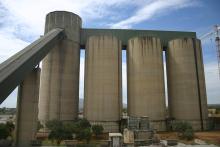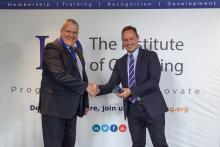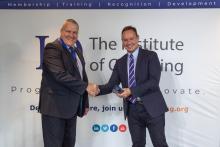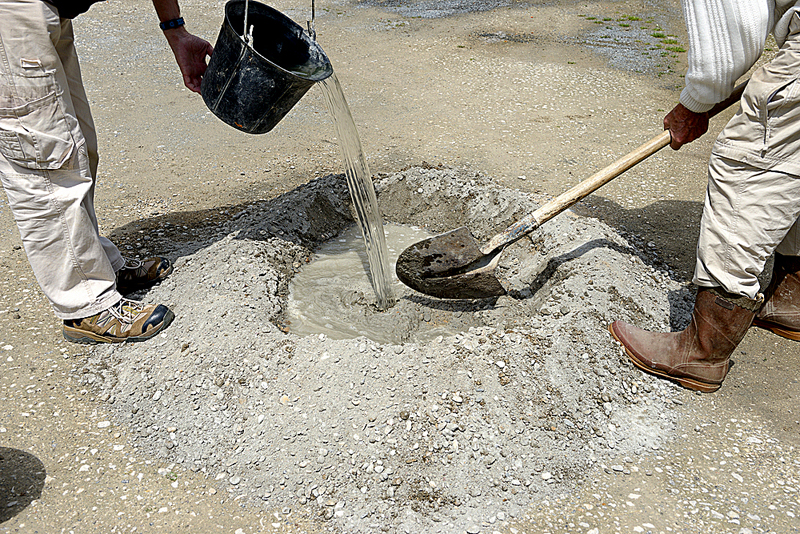
That cement and concrete are staple materials in any modern economy is no overstatement. Today, second only to water, concrete is the most-consumed material, with three tonnes per year used for every person in the world. Cement is an important constituent of concrete and acts as the ‘glue’ that binds the various materials used in concrete production.
The importance of the cement and concrete industry, therefore, cannot be reiterated enough. For this reason, the industry in South Africa has moved to form a consolidated industry body to provide the sector with a single voice that will take the lead on all cement and concrete matters.

Cement & Concrete SA (CCSA) was officially launched in March this year following an extensive and thorough process of engagement with various stakeholders to consolidate The Concrete Institute (TCI), Concrete Society of Southern Africa (CCSA) and the Association of Cementitious Materials Producers (ACMP). The new, consolidated body will create long-term shared value and industry growth in South Africa through collaboration, skills development, innovation and high standards in sustainable cement and concrete materials and products.
For the consolidated body to meet its obligations and targets, leadership was always going to be a principle factor. Leadership, by its nature, can be the difference between an organisation’s success or failure. With that in mind, Bryan Perrie, previously the MD of The Concrete Institute, was appointed CEO of CCSA. Perrie is a veteran who has devoted his whole working life to advancing the cement and concrete industry, not only in southern Africa but across the world.
A holder of both a BSc and MSc in Civil Engineering from the University of the Witwatersrand in South Africa, Perrie is a registered professional engineer, a Fellow of the South African Academy of Engineering, a member of the Institute of Concrete Technology in the UK and an honorary member of the International Society of Concrete Pavements.
Having started his career in the contracting fraternity throughout southern Africa, Perrie was with the now-defunct Cement and Concrete Institute (C&CI), previously the Portland Cement Institute, for 29 years, with the last five as managing director. Following the demise of the C&CI in April 2013, he was instrumental in creating The Concrete Institute, where he was the managing director until the formation of CCSA.
He has authored several books on concrete floors, concrete roads and sections of several editions of Fulton’s Concrete Technology. He has also written many papers for publication and presentation at local and overseas seminars, conferences and symposia. Additionally, he was a board member of the Concrete Society, a past president of the Southern Africa Road Federation and a past vice president of the International Society for Concrete Pavements. Perrie currently chairs the South African Bureau of Standards’ Sub-Committee on Cement, Concrete and Concrete products.
Commenting on the reasons behind the move to consolidate the three associations to form one industry body, Perrie says there was confusion about which bodies provided services to the construction industry. There was also some duplication and gaps in services offered by the various associations.
CCSA, he says, has been mandated to promote and support the industry, drive growth and deliver shared value through a unified platform for cement and concrete. “At a time when many conflicting and ambiguous messages are shared easily on various platforms, and with the proliferation of substandard products and services, the need for authoritative engagement with all stakeholders is critical,” says Perrie.
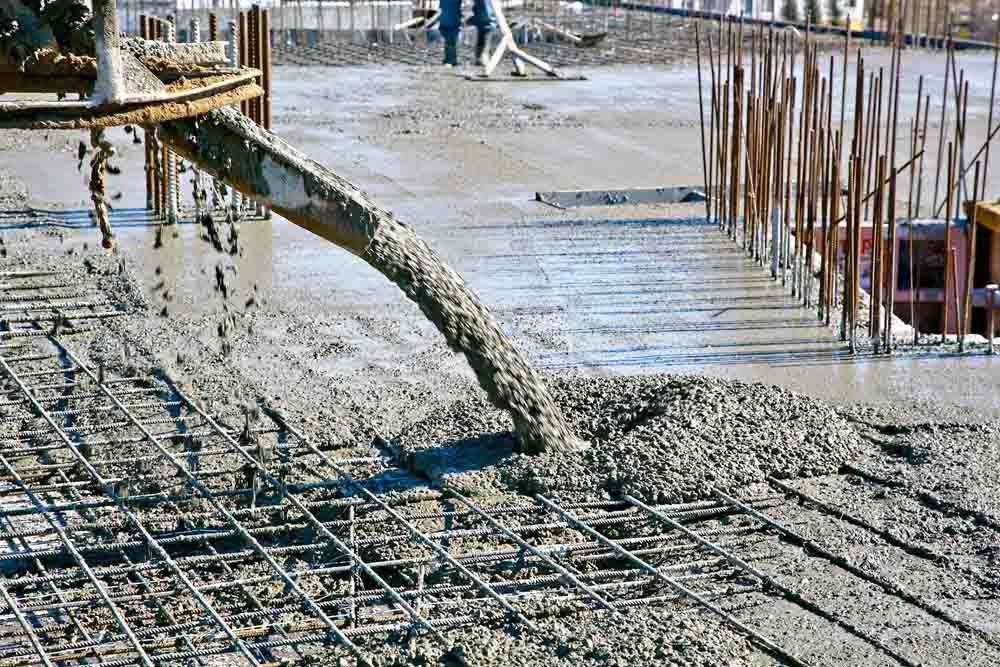
A new and inclusive membership model will make the portfolio of services offered by CCSA to individuals or corporates available either for free or at members’ discounted rates. These services include courses presented by the School of Concrete Technology, access to the Information Centre, attendance at technical events and webinars, publications and hyperlinked listings on various electronic sources, to name a few.
CCSA, through its members, will create the opportunity to build a healthier future through a network of influencers. Working with industry role players to develop the value propositions of cement and concrete is one of the identified objectives of CCSA. Other goals include promoting the value creation story of the cement and concrete industry in South Africa; supporting research as a means of increasing the ongoing expertise base; and the promotion of industry standards and audit compliance among members and industry role players.
On a more practical level, CCSA will grow industry expertise and build capacity by developing and offering courses, seminars and training materials. The provision of information, research, advisory and on-site technical consulting services will be another service offering available to members.
CCSA’s dedicated focus on committees will ensure that all relevant areas are addressed with expertise through consultation. The committee structures will empower members to guide and shape many of the services. The branch committees of the erstwhile Concrete Society of Southern Africa will be retained to ensure that CCSA will have concrete ambassadors in various regions.
“The launch of CCSA as a consolidation of three industry bodies is definitely a trend where the need to present a unified voice to all stakeholders has been identified by many industries,” says Perrie.
Commenting on some of the trends identified in the cement and concrete industry, Perrie says the most significant driver for new technology trends is the quest for sustainability. To address that, cement manufacturers and concrete producers emphasise higher extender contents to minimise the potential negative impact on the environment.
“Where possible, recycling and refurbishment are being considered over the use of virgin materials. We are also starting to see the impact of drones, virtual reality and 3D printing on sites where these techniques are used to enhance traditional construction practices,” he adds.
Perrie also alludes to the fact that all is not rosy in the industry, and challenges abound. “There are a number of challenges,” he says, “which include the depressed state of the building and civil construction industries, largely due to the lack of spending by government. We, however, remain hopeful that the infrastructure development plans put forward by government will come to fruition as a matter of urgency.”
Another key challenge, he adds, is the loss of skills in the broad construction industry that CCSA hopes to address through the School of Concrete Technology’s numerous courses and seminars, workshops, and technical publications.

One of the pressing issues for the industry is that of cement imports. The International Trade Administration Commission (ITAC) started a ‘sunset’ review in December 2020 of import tariffs imposed on cement from Pakistan.
The investigation will last up to 18 months. Existing anti-dumping duties, which were first implemented in 2015, will remain in place during the review. “We have submitted a Safeguard Application to ITAC for a general import tariff on all imported cement, which they are busy dealing with,” he says.
Perrie says the industry is also in discussions with South Africa’s Department of Trade Industry and Competition (DTIC) to have cement “designated”, which means that only locally made cement manufactured with locally produced raw materials will be used on any national, provincial or local government-funded projects and by state-owned enterprises (such as Eskom, Sanral and Transnet).
“We are excited about the future of the cement and concrete industry in South Africa. The industry body is ready to discuss membership options and benefits. We are poised to add value and unlock opportunities for all members and the industry at large,” concludes Perrie.

